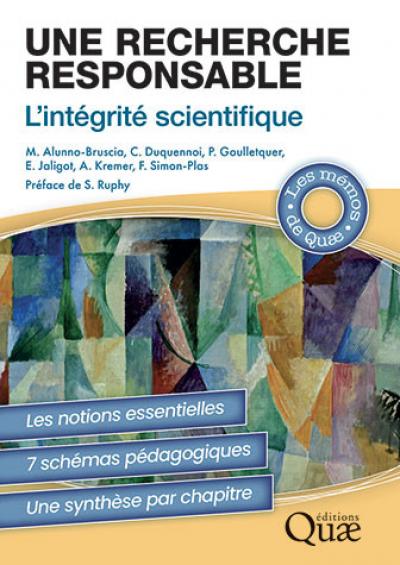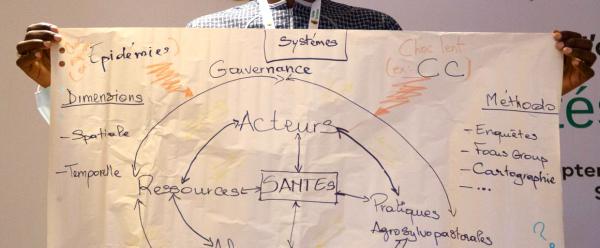Just out 3 November 2025
- Home
- CIRAD news
- News
- Responsible research and scientific integrity
Responsible research and scientific integrity

Multi-partner workshop as part of the Santé-Territoire project © R. Belmin, CIRAD
Scientific integrity is defined by the Code de la recherche as the "set of rules and values that must govern research activities in order to guarantee their honesty and rigour". It applies to any practice that serves to produce or disseminate knowledge. It is vital not just to the functioning of scientific communities and the robustness and reliability of the knowledge generated, but also to sustained public confidence in science. In France, as in other countries, an institutional and legal framework has gradually been built around research, to encourage all research stakeholders to fulfil their duty to self-regulate.
This book recaps on the fundamental principles of scientific integrity and the issues surrounding adherence to those principles, along with the role every research protagonist should be playing. It also gives details of the context in which this notion was first given media coverage and suggests ways of building an ecosystem that fosters integrity.
The book is intended for students and for all research professionals.




























